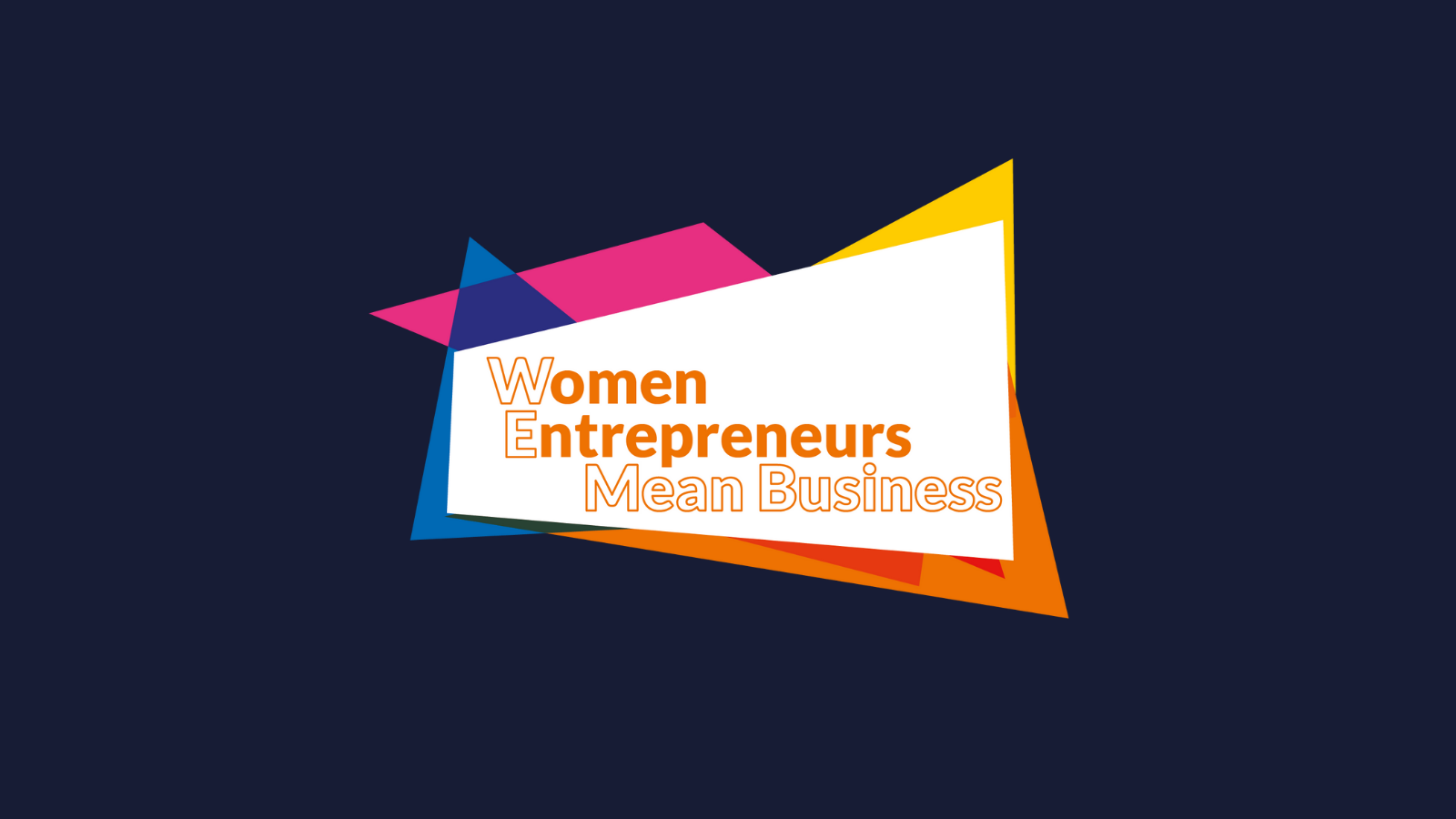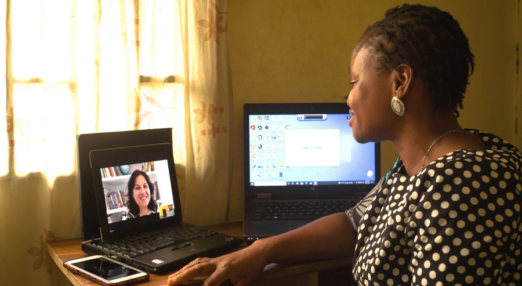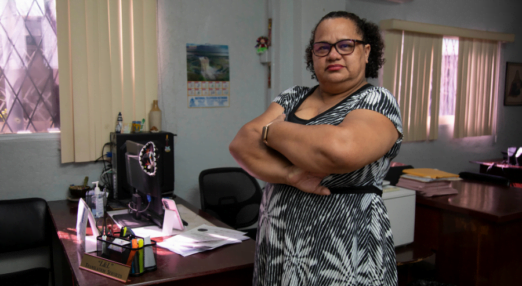Highlighting the systemic barriers preventing women’s businesses accessing the global supply chain equally
Our Programme Officer Annika Hagel highlights an important panel discussion which was part of our Women Entrepreneurs Mean Business Summit: Equality in Supply.

Heather offered insights gained from an IFC study in Kenya: “Buyers have a limited understanding of the unique challenges that women entrepreneurs face and consequently there is a perception that women entrepreneurs have less capacity. This perception influences the award decisions and women entrepreneurs are not able to access the procurement contracts.” She emphasised the systemic nature of the problem: “There is this language around needing to fix women entrepreneurs but we need to look at the systems in place and fix those to make sure that they are more inclusive”.
There is this language around needing to fix women entrepreneurs but we need to look at the systems in place and fix those to make sure that they are more inclusive.
It is only through partnerships that we can rebuild inclusive supply chains and open up new markets for women entrepreneurs.
Women Entrepreneurs Mean Business: the global Summit
For the Women Entrepreneurs Mean Business Summit in November 2021, we explored and challenged the gender stereotypes holding women entrepreneurs back from success and equality.
Find out more
Discover more news:
-

Get to know our CEO: a letter from Dhivya O’Connor
Two months into her role as CEO, Dhivya O'Connor shares her experience and what we can expect from the Foundation under her leadership.
Read more
-

In celebration of the power of mentoring
Efe Olokpa shares her insight on our Mentoring Women in Business programme.
Read more
-

Women-owned businesses power up Guyana’s economy
With partners, we recently convened a panel discussion led by key actors in Guyana’s women’s entrepreneurship ecosystem.
Read more
